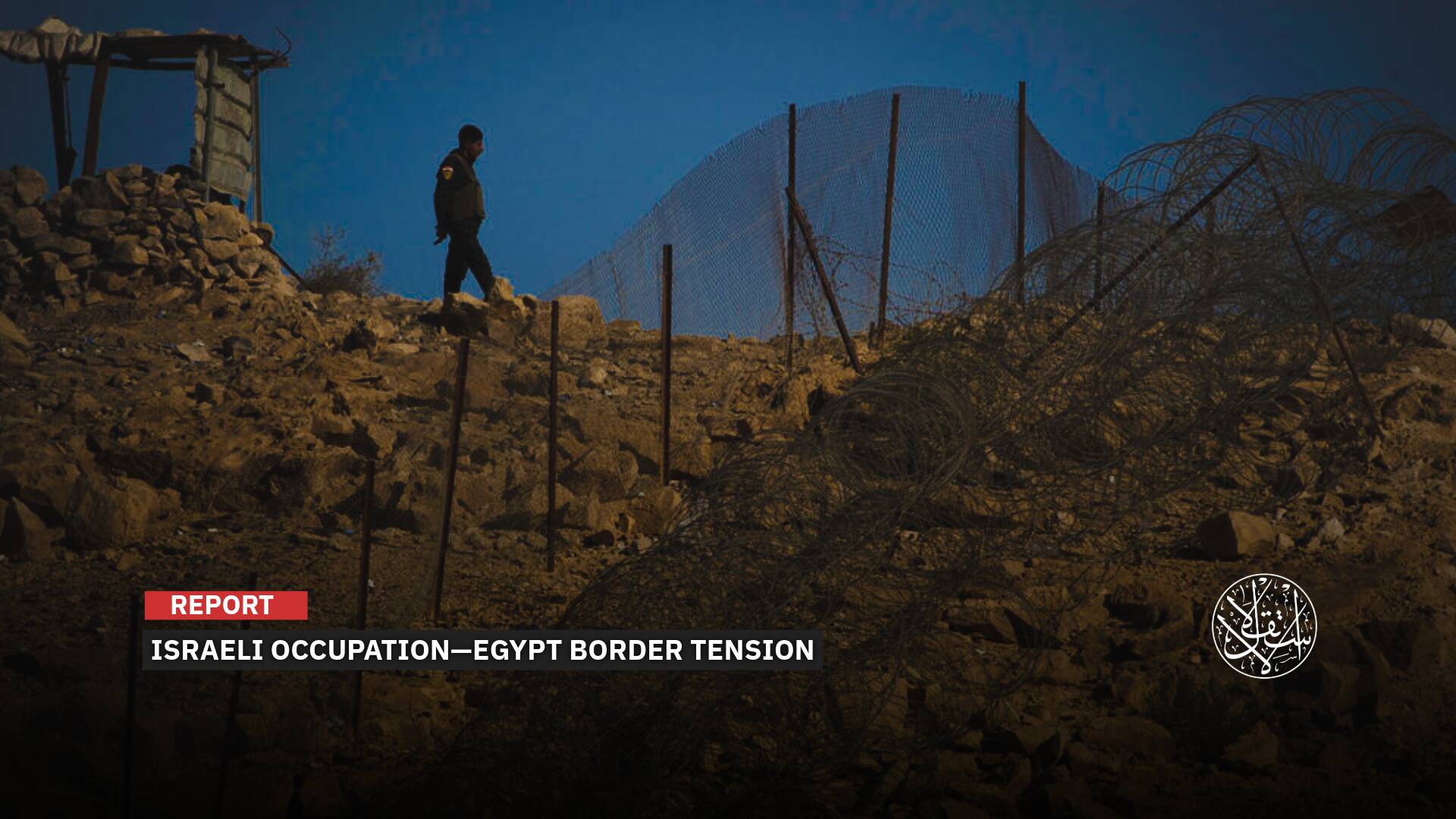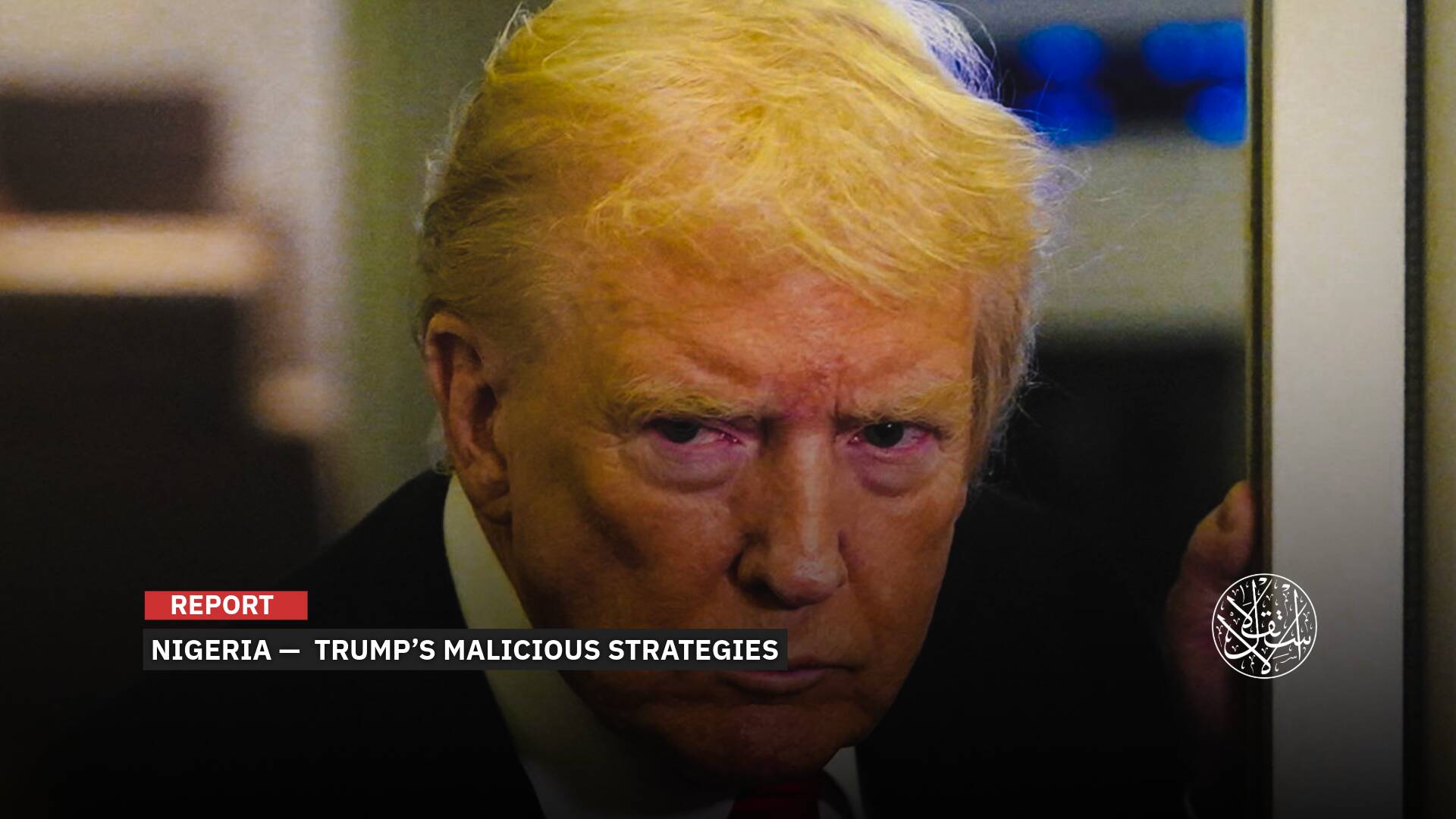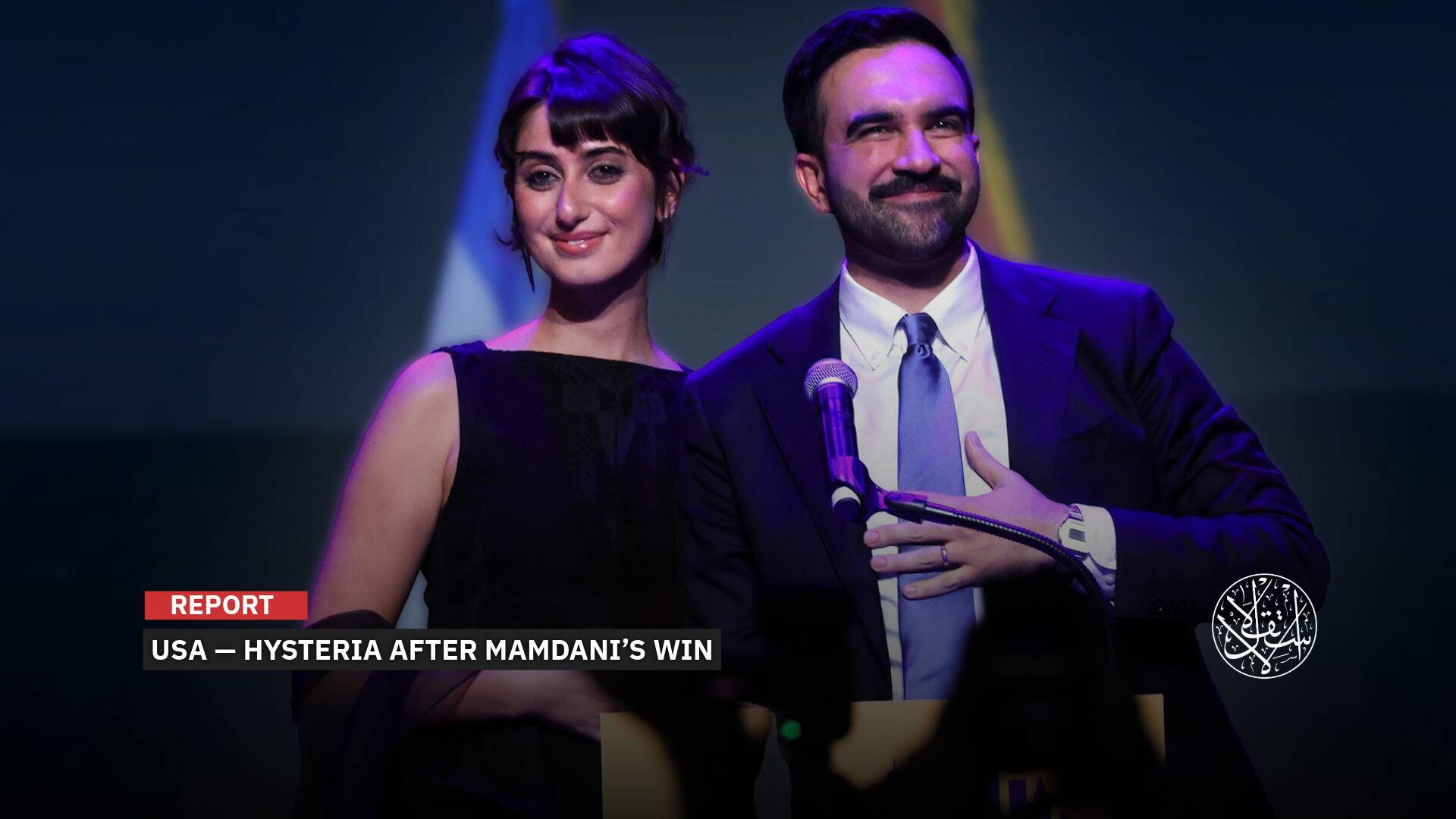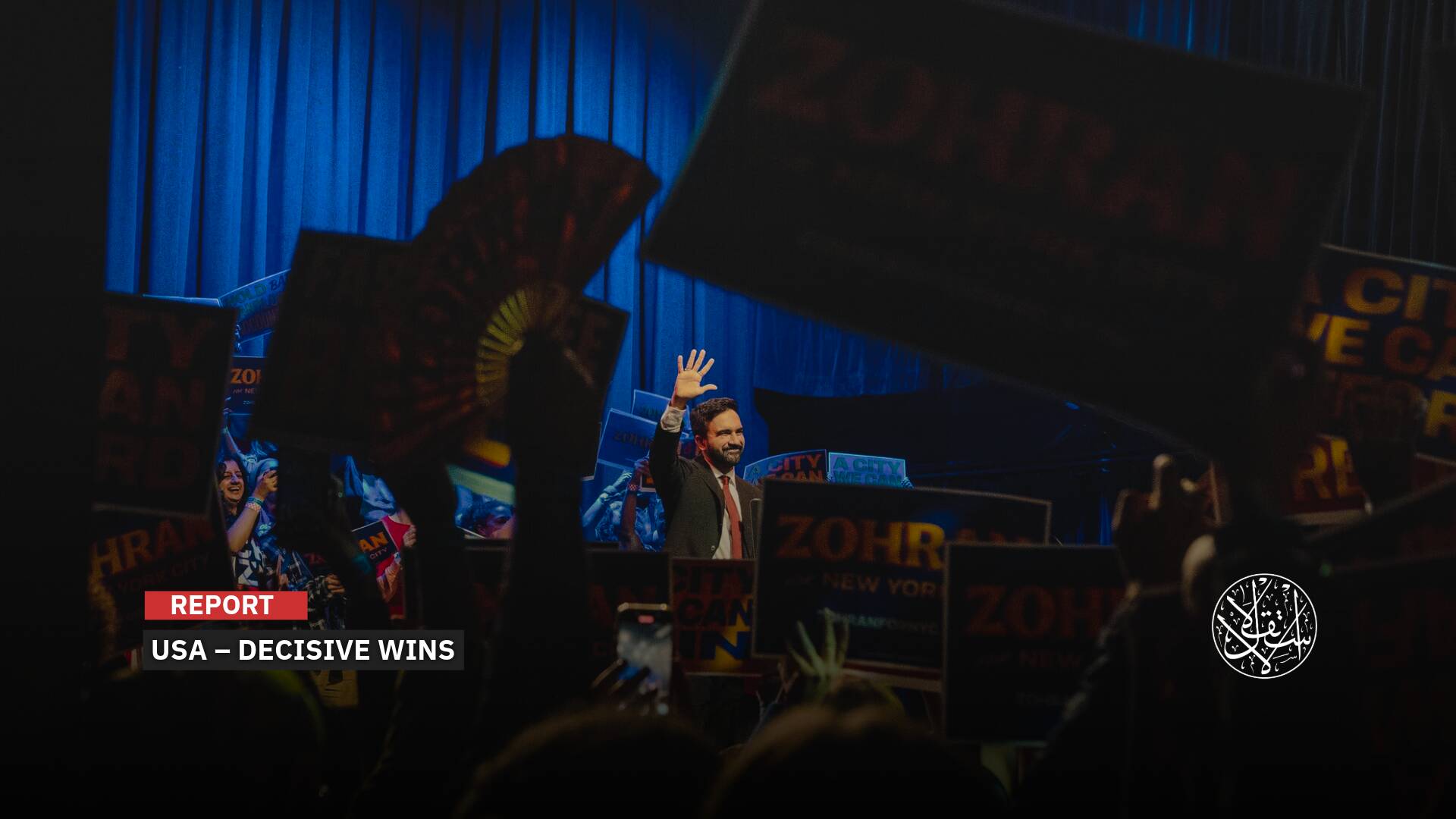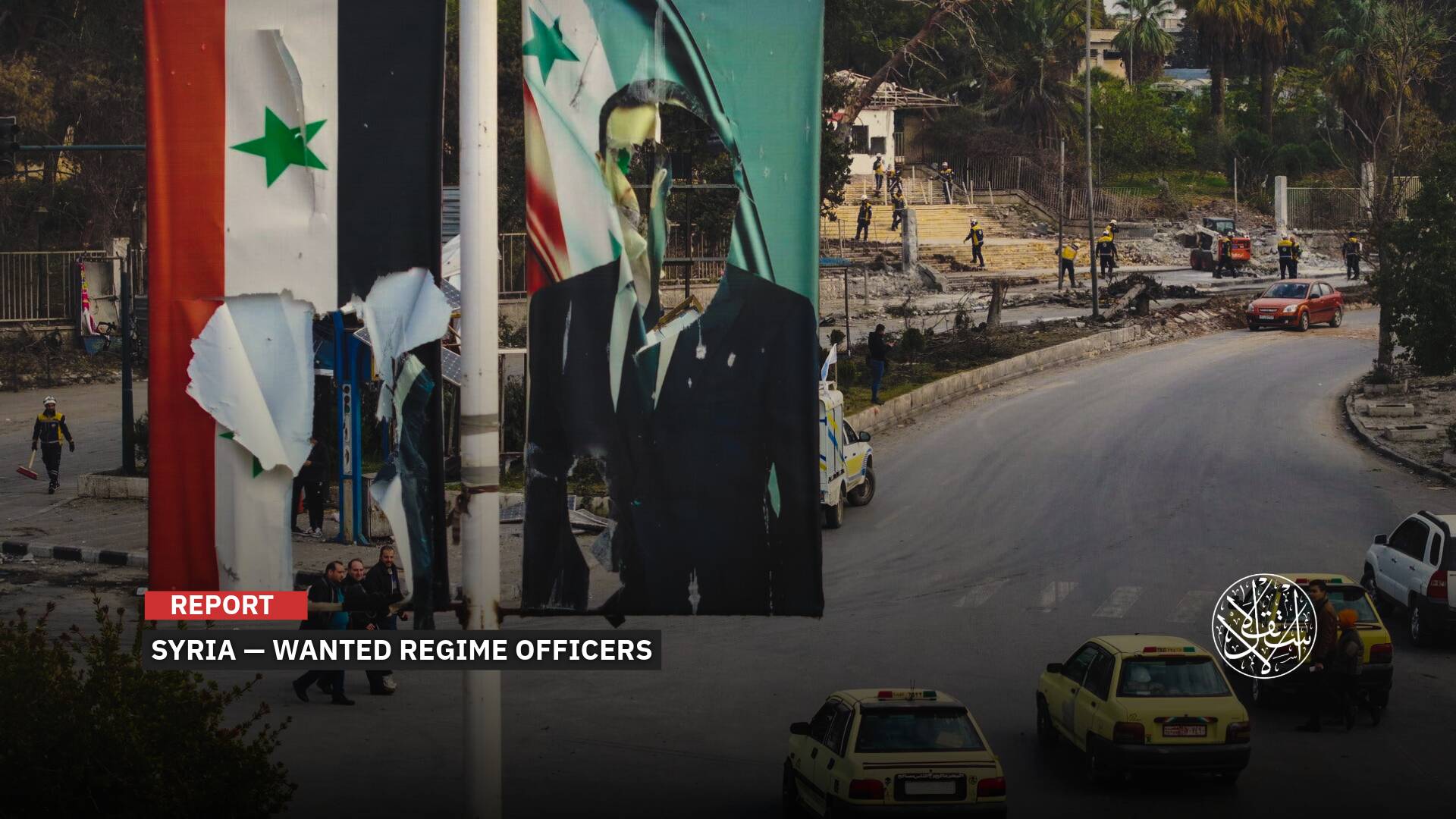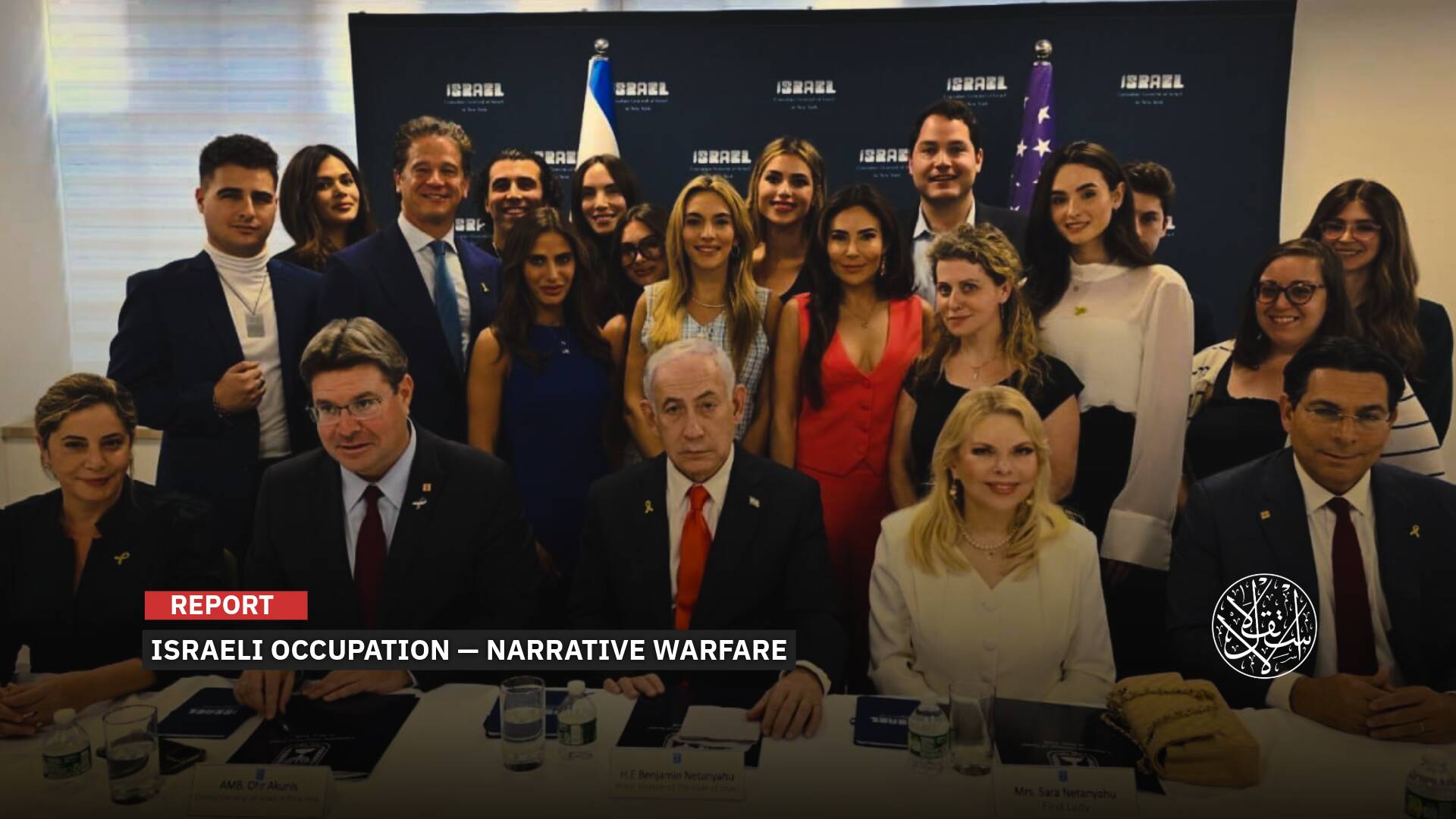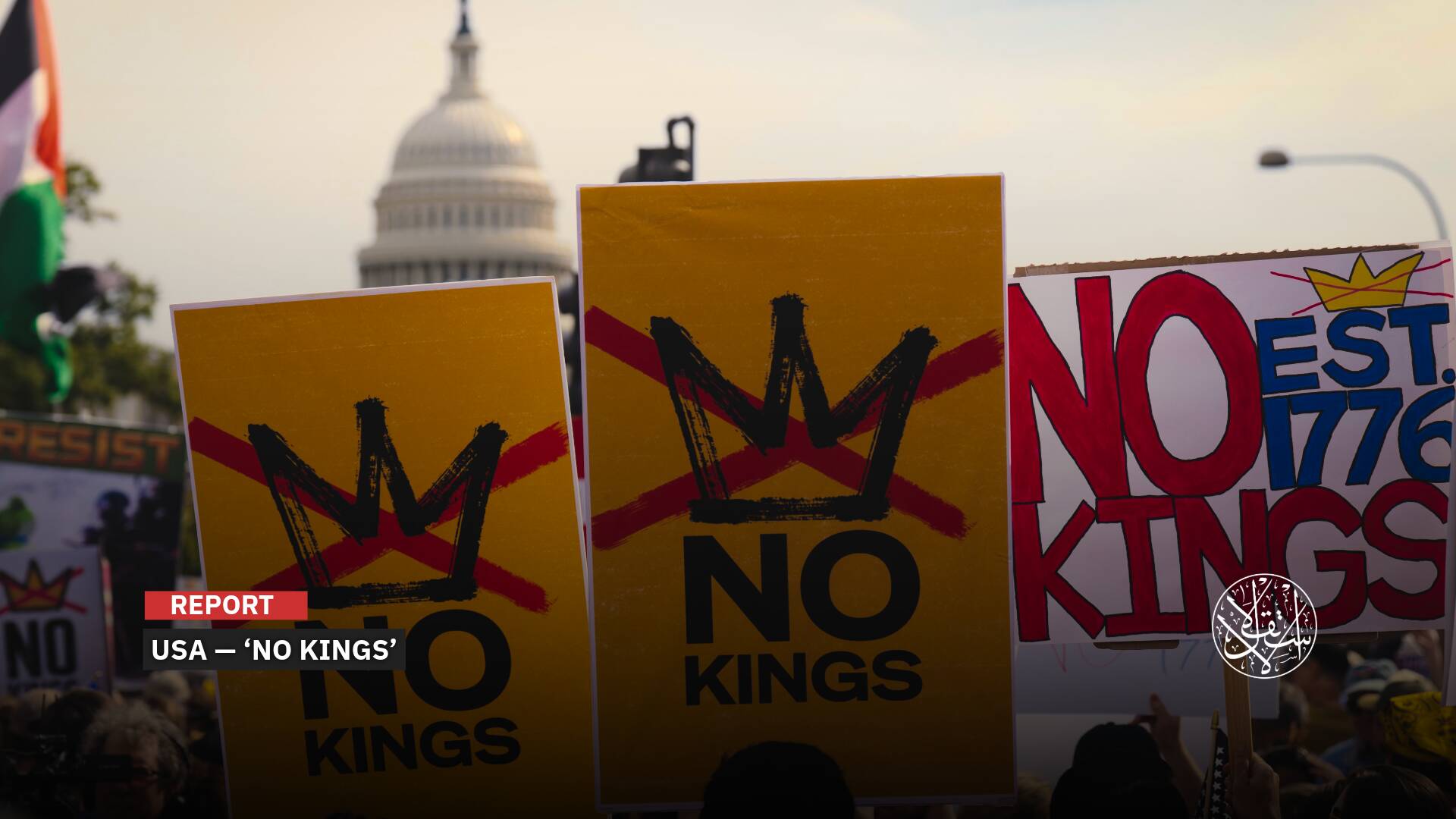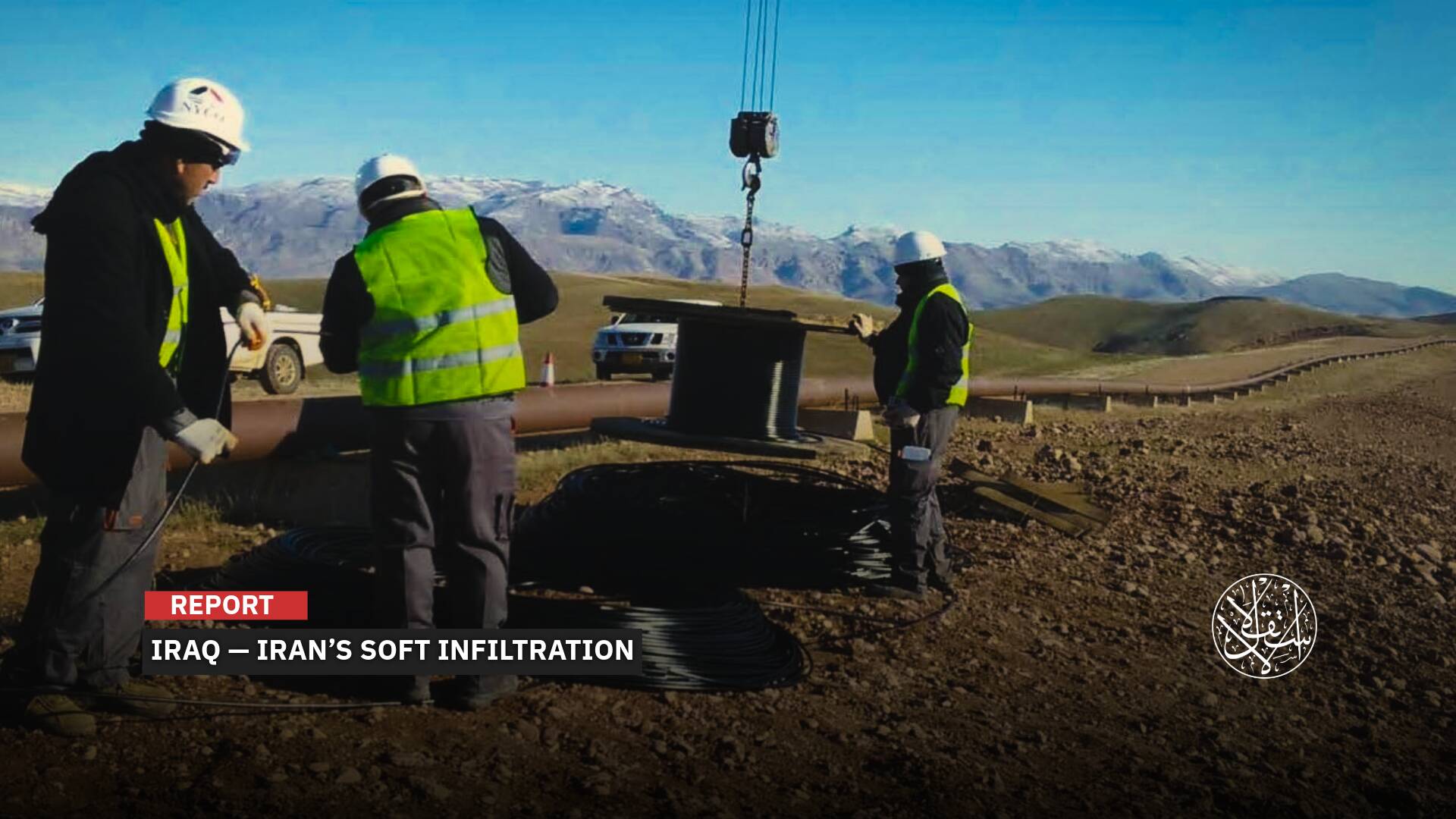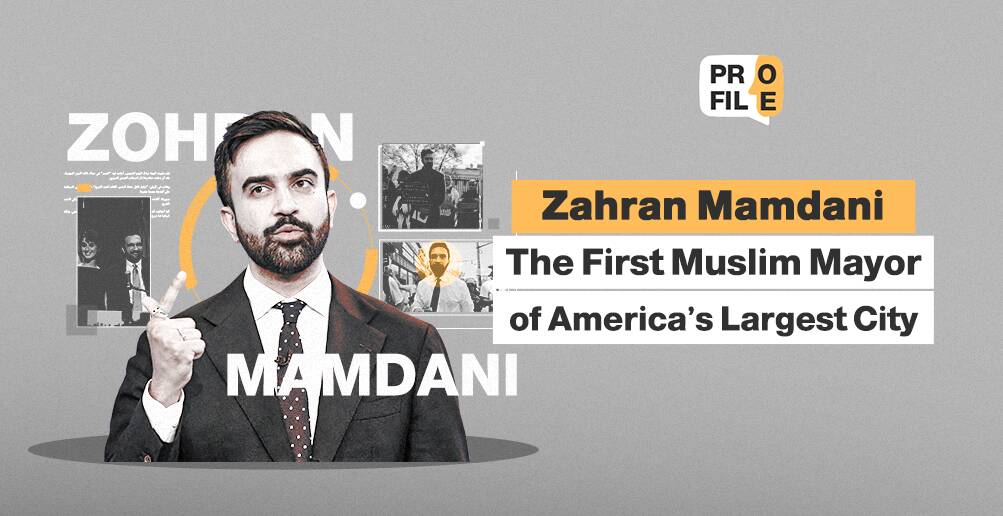A New Cold War: How Russia Is Rallying Its Allies against the West

“Vladimir Putin did not deny that North Korean troops were currently in Russia.”
Growing military ties between Moscow and Pyongyang are a major concern for the United States and other Western allies as Putin presses ahead with his efforts to build an anti-Western alliance.
Ukrainian President Volodymyr Zelensky warned last week that Russia was planning to send North Korean troops into the war within days, saying North Korea was training more than 10,000 troops to support Russia.
Ukraine says North Korea’s involvement in the war alongside Russia could amount to aggression under international law.
The Kremlin has dismissed reports that North Korean troops are deployed to the front lines with Ukraine as fake news, but Russian President Vladimir Putin did not deny that they are currently in Russia, saying how the partnership treaty with Pyongyang is implemented is an internal matter.
North Korea has said that any deployment of its troops in Russia would be in line with international law, without confirming or denying the presence of its troops.
North Korean Troops
Five months ago, Russian President Vladimir Putin and North Korean leader Kim Jong Un signed a treaty on mutual defense and cooperation, deepening relations between the two countries that date back to before the Cold War.
According to a report published by the New York Times, Kim has, in recent days, deployed troops to assist Moscow’s war effort in Ukraine.
North Korean troops began arriving in eastern Russia earlier this month on Russian naval ships, according to South Korea’s intelligence agency.
The agency said there are currently 3,000 North Korean troops on Russian soil, and their number is expected to reach 10,000 by December.
There has been no conclusive evidence that North Korean troops have entered the Russian-Ukrainian war so far.
According to the New York Times, sending North Korean troops to the Ukrainian front would represent its first major intervention in a foreign war.
North Korea has one of the world's largest armies, with about 1.2 million troops, but it has not fought a major conflict since the Korean War of 1950-53.
The Russian military is ranked the second largest in the world, according to Global Firepower, a website specializing in monitoring the global military census, with an estimated 2.389 million troops.
On his part, NATO Secretary General Mark Rutte confirmed that North Korea had sent troops to Russia, noting that they were deployed in the Kursk region, which Ukraine has recently penetrated.
Rutte told reporters in Brussels that the North Korean deployment represents a significant escalation in Pyongyang’s involvement in the conflict and a dangerous expansion of Russia’s war.
He also saw the deployment of North Korean troops as a sign of Russian President Vladimir Putin's increasing desperation, noting that after more than 600,000 Russian soldiers were killed or wounded, Moscow was no longer able to continue its offensive without foreign support.
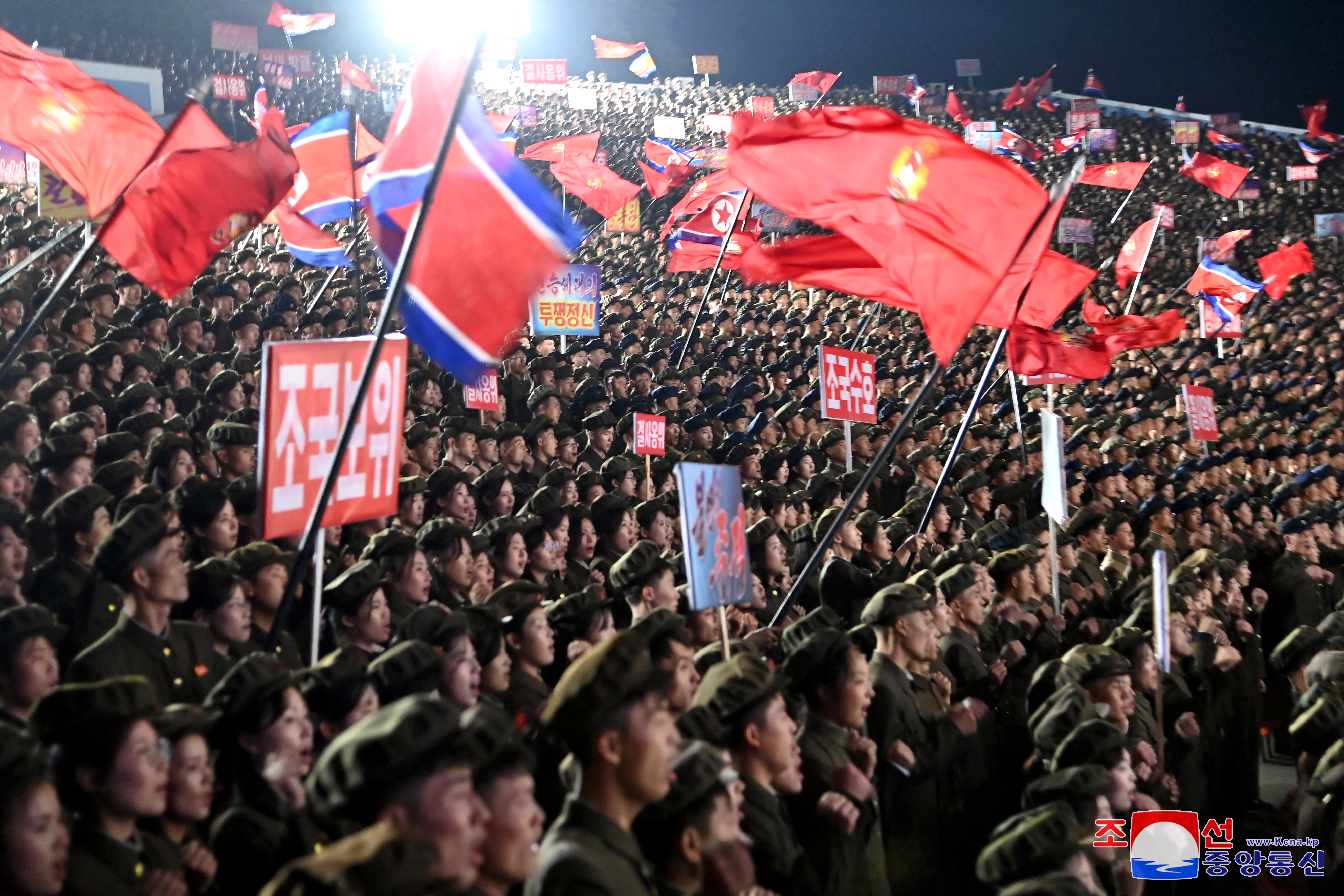
Global Concern
In the same context, the United States, South Korea, Germany, the United Kingdom, and Japan expressed grave concern about the deployment of North Korean troops in Russia.
Adding thousands of North Korean troops to Europe’s biggest conflict since World War II will stoke geopolitical tensions in the Korean Peninsula and the wider Indo-Pacific region, including Japan and Australia, Western officials say.
US President Joe Biden also called the deployment dangerous.
South Korea has called the growing military ties between Moscow and Pyongyang a serious security threat and a violation of multiple UN resolutions that ban any member state from military cooperation with North Korea.
South Korean officials fear that Russia is rewarding North Korea by providing it with advanced weapons technology that could bolster North Korea’s nuclear and missile programs targeting Seoul.
German Chancellor Olaf Scholz called the reports of North Korean troops being sent to Russia extremely worrying.
He added that this is also a reason to continue to seek a just peace and provide consistent and reliable support to Ukraine.
“It’s a kind of escalation and shows us a very important aspect, which is that international conflicts are approaching very quickly,” German Defense Minister Boris Pistorius said.
UK Defence Secretary John Healey said there was not only concern about the potential for conflict in Europe to escalate, but also an inextricable link with security concerns in the Indo-Pacific region.
In the past, Ukraine and Western countries have previously accused North Korea of supplying weapons to Russia, a charge denied by Pyongyang and Moscow.
North Korea and Russia, which are locked in separate confrontations with the West, have stepped up military cooperation in the past two years.
The leaders of the two countries have met twice since last year, and in June they signed a defence agreement that commits each country to providing military assistance if the other is attacked.
On October 24, the Russian parliament voted unanimously to ratify the Comprehensive Strategic Partnership Treaty with North Korea.
Putin has also relied on Kim to replenish his dwindling arms stockpiles. Since August 2023, North Korea has sent more than 13,000 shipping containers of artillery shells, anti-tank missiles, and short-range ballistic missiles to Russia.
In addition, Pyongyang has sent technicians and officers to help the Russians operate its weapons and collect data on the performance of its missiles, particularly against Western air defense systems.
A recent study by the German Friedrich Naumann Foundation found that the value of North Korean arms shipments to Russia from February 2022 to date ranged between $1.7 billion and $5.5 billion.
The study predicted that the value of North Korean exports could increase by hundreds of millions of dollars through the potential deployment of its forces in Ukraine.

Cold War
The participation of North Korean forces with Russia against the Ukrainian army, specifically inside Kursk, raises questions about its impact on the course of the war, and scenarios for the Western response to this move.
Experts indicate that the Western response will not be direct, but rather through South Korea, which has also begun to enter the front line in a new way in the issue of supporting Ukraine.
South Korea said it will send high-level officials to Ukraine to exchange information and discuss potential areas of cooperation, and is considering sending weapons to Ukraine in response to Russia-North Korea cooperation.
China, on the other hand, fears that deepening ties between North Korea and Russia could strengthen the military alliance between the United States, Japan, and South Korea in East Asia.
Chinese researchers said Beijing is seeking to avoid at all costs a replay of the early years of the Cold War, when the Soviet Union, North Korea, and China formed a northern triangle that faced a southern triangle of South Korea, Japan, and the United States.
Japan’s Chief Cabinet Secretary Yoshimasa Hayashi said the escalation of Russia-North Korea cooperation is deeply worrying and could exacerbate the situation in Ukraine and affect the security of the region surrounding Japan.
Some defense analysts have expressed concerns that North Korea’s contribution to the Russian war effort could mean that Pyongyang has secured a mutual commitment from Moscow to intervene in a conflict on the Korean Peninsula, a prospect that would alarm Beijing.
China is also concerned about Russia helping North Korea improve its nuclear capabilities, which could accelerate the arms race in the region.

On his part, Russian affairs expert Dr. Mahmoud al-Hamza confirmed in a statement to Al-Estiklal that talk about the presence of North Korean forces in Russia is Western propaganda being promoted with the aim of creating arguments and justifications for the possibility of officially sending American or NATO forces to the Ukrainian front.
“It is natural for Russia to have volunteer forces of other nationalities, such as what Ukraine is doing, where there are more than 40 countries of volunteer fighters,” he added.
“There is military cooperation between Russia and North Korea, and therefore it is natural for there to be North Korean soldiers inside Russia against the backdrop of mutual strategic relations,” Dr. al-Hamza said.
Sources
- North Korea has sent about 10,000 troops to Russia to likely fight against Ukraine, Pentagon says
- What We Know About North Korea’s Role in the Ukraine War
- ‘China will not like it one bit’: Beijing uneasy with North Korean troops in Russia
- Putin Says Russia-North Korea Army Ties Are ‘Our Business’
- Ukraine, S. Korea to Exchange Intelligence Data, Zelenskiy Says
- New ties between North Korea and Russia [Study]


